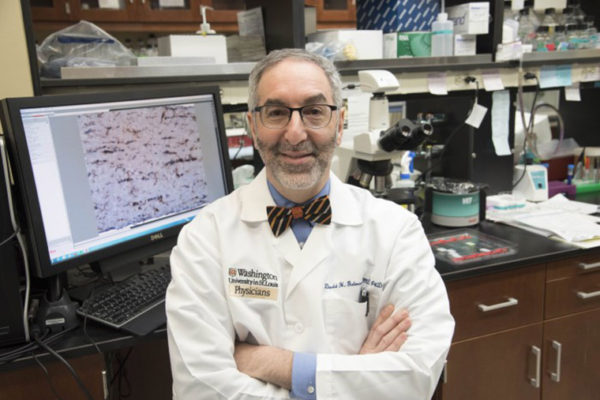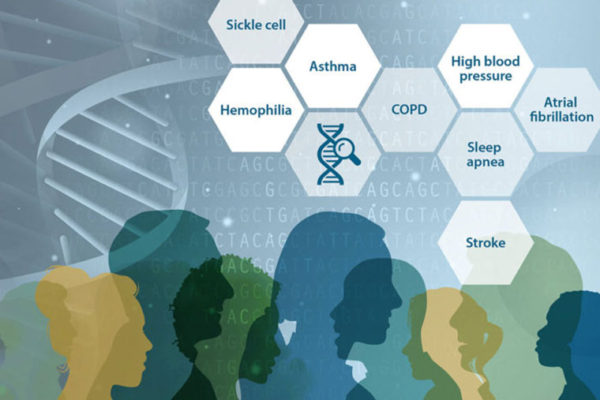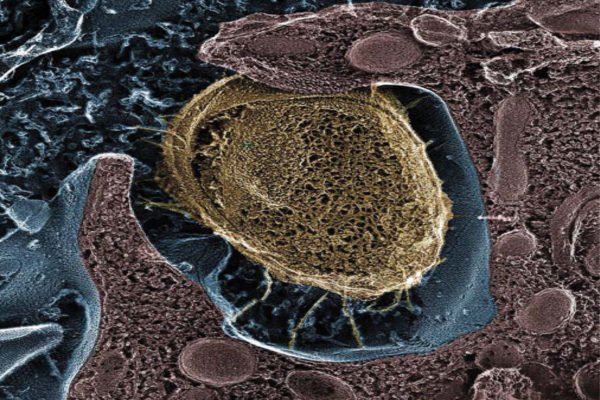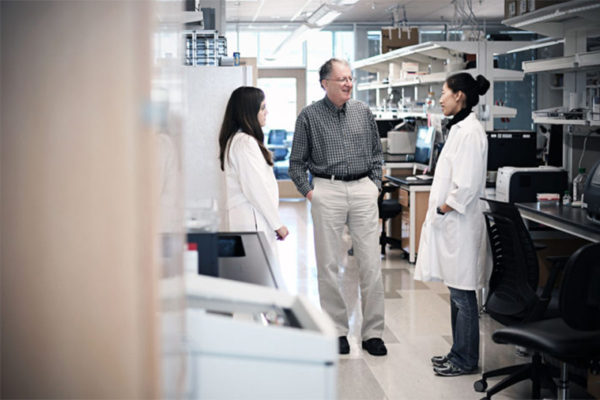Burnham named a top young pathologist
Carey-Ann Burnham, an associate professor of pathology and immunology at Washington University School of Medicine in St. Louis, has been named to the American Society for Clinical Pathology’s 40 Under Forty list of accomplished pathologists and laboratory medicine professionals.
Gutmann awarded international fellowships
David H. Gutmann, MD, PhD, the Donald O. Schnuck Family Professor and director of the Neurofibromatosis Center at Washington University School of Medicine in St. Louis, has been awarded the Alexander von Humboldt Professorship, Germany’s highest academic award for researchers outside the country, and has been named an Einstein Visiting Fellow by the Berlin Institute of Health.
Grant applications sought from junior cancer researchers
The Washington University School of Medicine is accepting applications for the American Cancer Society Institutional Research Grant to support junior investigators who have no national peer-reviewed research grant support.
$10 million DNA sequencing effort aims to shed light on lung diseases
Washington University’s McDonnell Genome Institute has received $10 million from the National Heart, Lung and Blood Institute (NHLBI) to sequence the DNA of people from diverse ethnic backgrounds, in an effort to identify the genetic roots of COPD and other lung disorders.
Dacey honored by neurosurgery society
Ralph G. Dacey Jr., MD, the Henry G. & Edith R. Schwartz Professor and head of the Department of Neurosurgery at Washington University School of Medicine in St. Louis, has received the Distinguished Service Award from the Society of Neurological Surgeons.
UTI treatment reduces E. coli, may offer alternative to antibiotics
A new study from the School of Medicine has found that a molecular decoy can target and reduce UTI-causing bacteria in the gut. With a smaller pool of disease-causing bacteria, the researchers say the risk of having a UTI goes down.
Makeup of vaginal microbiome linked to preterm birth
In a study of predominantly African-American women — who have a much higher rate of delivering babies early compared with other racial groups — researchers at the School of Medicine showed that a decrease in the diversity of vaginal microbes of pregnant women between the first and second trimesters is associated with preterm birth.
$10 million gift to benefit Center for Genome Sciences
The School of Medicine has received a $10 million gift from the Harry Edison Foundation to support the Center for Genome Sciences and Systems Biology. The gift will help to advance the center’s innovative research programs, including its substantial work in understanding the gut microbiome.
Simon honored with Friends of Nursing Award
Laura Simon, a clinical librarian at Bernard Becker Medical Library at Washington University School of Medicine in St. Louis, has received the Friends of Nursing Award from Barnes-Jewish Hospital.
New program will manage all shared spaces at medical school
A new Education & Campus Support Services program launched by the School of Medicine’s Operations and Facilities Management Department will manage all shared spaces at the school.
View More Stories







